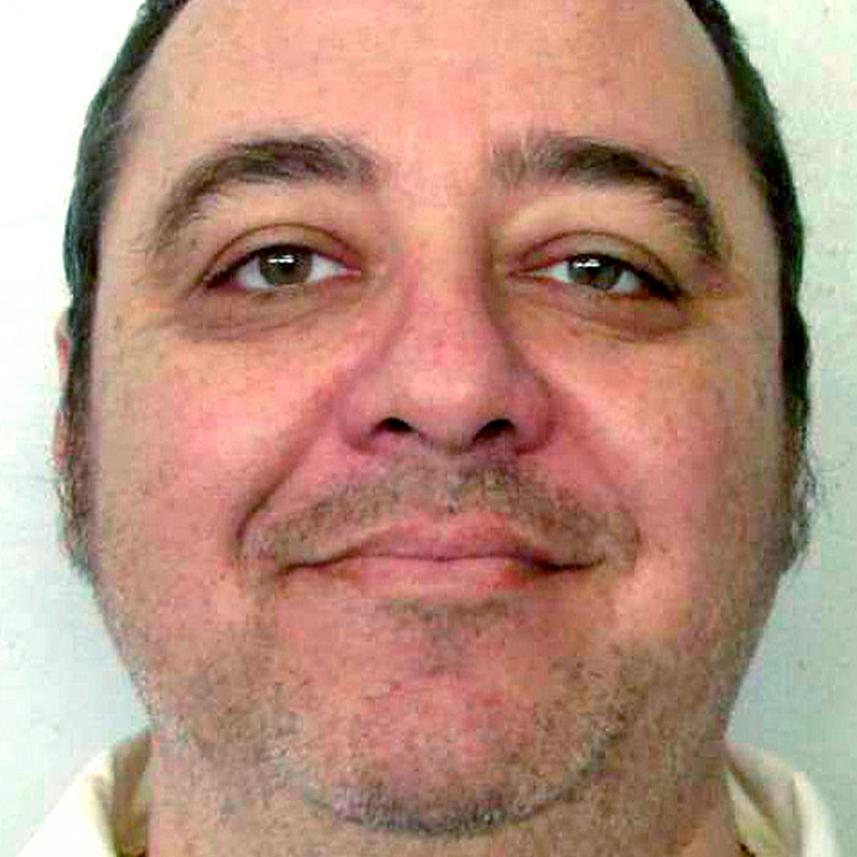In a recent development, a federal judge has given the green light for Alabama to proceed with its first execution using nitrogen gas asphyxiation.
The ruling, delivered on Wednesday, stated that the condemned prisoner, Kenneth Smith, was unlikely to demonstrate that the new method constituted cruel or unusual punishment.
Smith, convicted for a murder-for-hire case dating back to 1988, is set to face execution on January 25, with officials planning to employ a mask connected to a cylinder of nitrogen to deprive him of oxygen.
The shift towards alternative execution methods arises from the challenges U.S. states face in obtaining the necessary barbiturates for lethal injections.
European restrictions preventing pharmaceutical companies from supplying drugs for executions have led some states, including Alabama, Mississippi, and Oklahoma, to explore gas-based protocols and even the revival of older methods like firing squads.
Kenneth Smith contested the Alabama Department of Corrections, expressing concerns about the risks of the proposed gas asphyxiation method.
He argued that a broken seal between the mask and his face could introduce oxygen, potentially leading to a failed execution, stroke, or a permanent vegetative state.
Last week, United Nations experts cautioned that such a method could violate international treaties against torture and inhumane punishment.
Despite Smith’s legal efforts, Judge R. Austin Huffaker of the U.S. District Court in Montgomery dismissed his plea for an injunction, allowing the execution to proceed.
Huffaker asserted that Smith had not proven that the current protocol posed a substantial risk of serious harm or superadded pain, citing a U.S. Supreme Court precedent.
Notably, Smith, aged 58, survived a previous execution attempt in November 2022 when Alabama encountered difficulties inserting an intravenous line during a lethal injection. Robert Grass, Smith’s lawyer, has indicated plans to appeal the recent ruling.
Source: thetimes.co.uk

